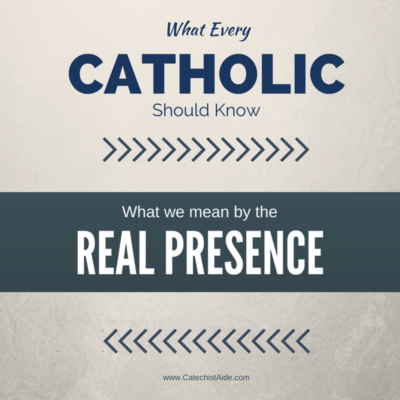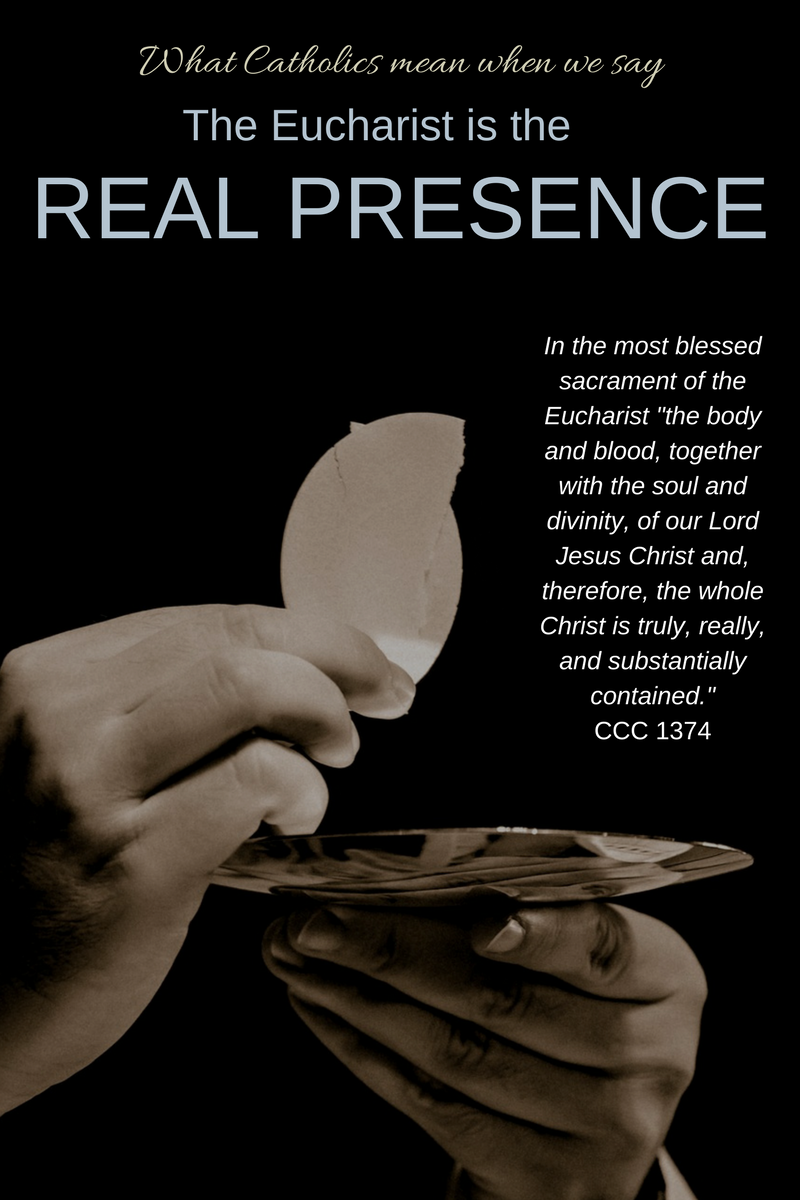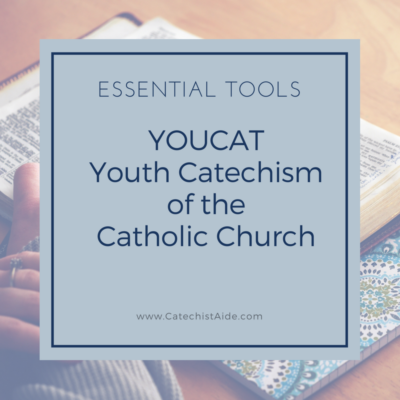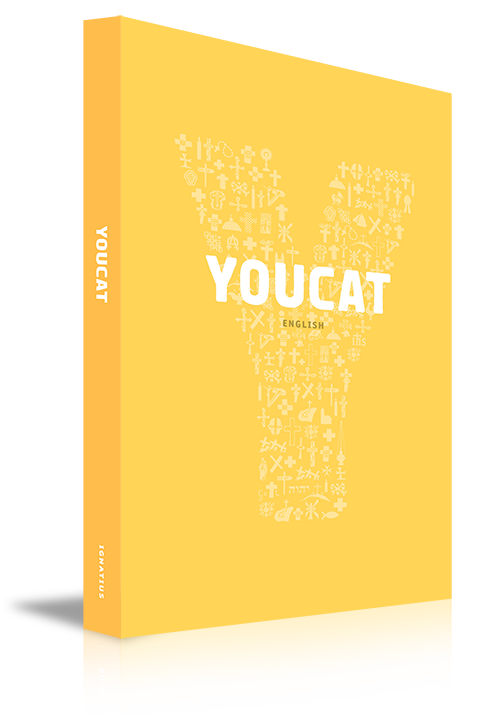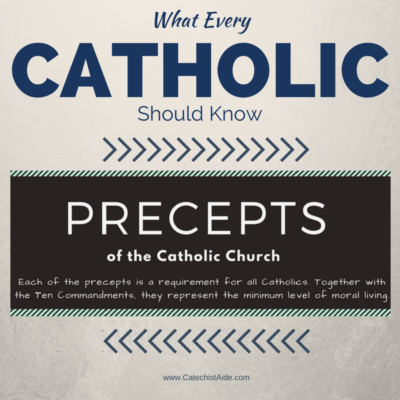In 1789, John Carroll was appointed the first Bishop in the newly formed United States of America. In November of 1791, Carroll wrote Prayer for Our Government. The full prayer can be found here. It certainly stands the test of time, and reminds us that we need to pray not only for the Church, the clergy and our elected leaders, but for each other as well.
We recommend likewise, to your unbounded mercy, all our brethren and fellow citizens throughout the United States, that they may be blessed in the knowledge and sanctified in the observance of your most holy law; that they may be preserved in union, and in that peace which the world cannot give; and after enjoying the blessings of this life, be admitted to those which are eternal.
Carroll’s prayer that we “may be preserved in union, and in that peace which the world cannot give” are words that need to be heard and prayed today as fervently as they were 200 years ago.
Carroll’s influence in the growth and structure of the Catholic Chuch in this country cannot be understated. For more about his life and impact on the Church, read the words of Cardinal Timothy Dolan from an address honoring Carroll in 2008.
© 2017 Catechist’s Aide

